Description
Battling the Black Goo: Understanding and Utilizing Antisludge Additives in Your Engine
Engine oil is the lifeblood of your vehicle, responsible for lubrication, cooling, and cleaning. But over time, under the harsh conditions within an engine, oil can break down and form a thick, dark, and unwanted byproduct: sludge. This sludge can wreak havoc, hindering oil flow, reducing engine efficiency, and ultimately leading to costly repairs. That’s where antisludge additives come into play.
What is Sludge and Why is it So Bad?
Sludge is a mixture of oxidized oil, combustion byproducts (like soot), and contaminants that haven’t been properly filtered out. Think of it as the cholesterol clogging the arteries of your engine. It tends to accumulate in cooler areas of the engine, such as the valve covers, oil pan, and oil pickup screen.
The consequences of sludge buildup are significant:
- Reduced Oil Flow: Sludge restricts oil flow, starving vital engine components of necessary lubrication.
- Overheating: Reduced oil flow hinders cooling, leading to engine overheating.
- Increased Wear and Tear: Lack of proper lubrication increases friction, accelerating wear and tear on engine parts like bearings, pistons, and camshafts.
- Poor Fuel Economy: The engine has to work harder to overcome the increased friction caused by sludge, leading to decreased fuel efficiency.
- Premature Engine Failure: In severe cases, sludge can lead to engine seizure and complete failure.
Enter Antisludge Additives: Your Engine’s Defense Force
Antisludge additives are chemical compounds designed to prevent and sometimes even reverse the formation of sludge within your engine. They primarily work in a few key ways:
- Dispersants: These additives break down existing sludge into smaller, more manageable particles that can be suspended in the oil and carried to the oil filter for removal. They also prevent these particles from clumping together and forming new sludge deposits.
- Detergents: These additives clean existing deposits from engine surfaces and neutralize acids that can contribute to sludge formation. They also help to keep engine parts clean and prevent deposits from sticking.
- Antioxidants: These additives prevent oil oxidation, a major contributor to sludge formation. They neutralize harmful free radicals that form during combustion, extending the life of the oil and reducing the likelihood of sludge formation.
Types of Antisludge Additives and How to Choose
Antisludge additives are typically included in modern engine oils. However, some older vehicles or those subjected to harsh driving conditions might benefit from supplemental additives. These can come in the form of:
- Oil Additives: Specific products designed solely for antisludge functionality.
- Fuel Additives: Some fuel additives can contribute to cleaner combustion, indirectly reducing the formation of sludge-causing components.
- High-Mileage Oils: Formulated with increased levels of detergents and dispersants to combat sludge buildup in older engines.
When choosing an antisludge additive, consider the following:
- Vehicle Age and Mileage: Older vehicles or those with higher mileage are generally more susceptible to sludge buildup.
- Driving Conditions: Stop-and-go traffic, short trips, or towing heavy loads can accelerate sludge formation.
- Oil Type: Ensure the additive is compatible with your engine’s oil type (synthetic, semi-synthetic, or conventional).
- Reputable Brands: Stick to well-known and trusted brands known for producing quality additives.
- Read Reviews: See what other users are saying about the effectiveness of the product.
Important Considerations:
- Don’t Overdo It: More isn’t always better. Follow the manufacturer’s instructions carefully when using supplemental additives. Over-treating can sometimes have negative consequences.
- Regular Oil Changes are Key: Antisludge additives are a valuable tool, but they are not a substitute for regular oil changes. Changing your oil according to the manufacturer’s recommendations is the BEST way to prevent sludge buildup.
- Consider Professional Advice: If you suspect you already have a significant sludge problem, consult with a qualified mechanic. They may recommend a professional engine flush or other more intensive cleaning procedures.
Conclusion:
Antisludge additives are a valuable tool in maintaining a healthy and efficient engine. By preventing and removing damaging sludge deposits, they can help prolong engine life, improve fuel economy, and reduce the risk of costly repairs. However, remember that they are just one piece of the puzzle. Routine maintenance, including regular oil changes with high-quality oil, remains the most important factor in keeping your engine running smoothly for years to come. So, fight the black goo, keep your engine clean, and enjoy the ride!

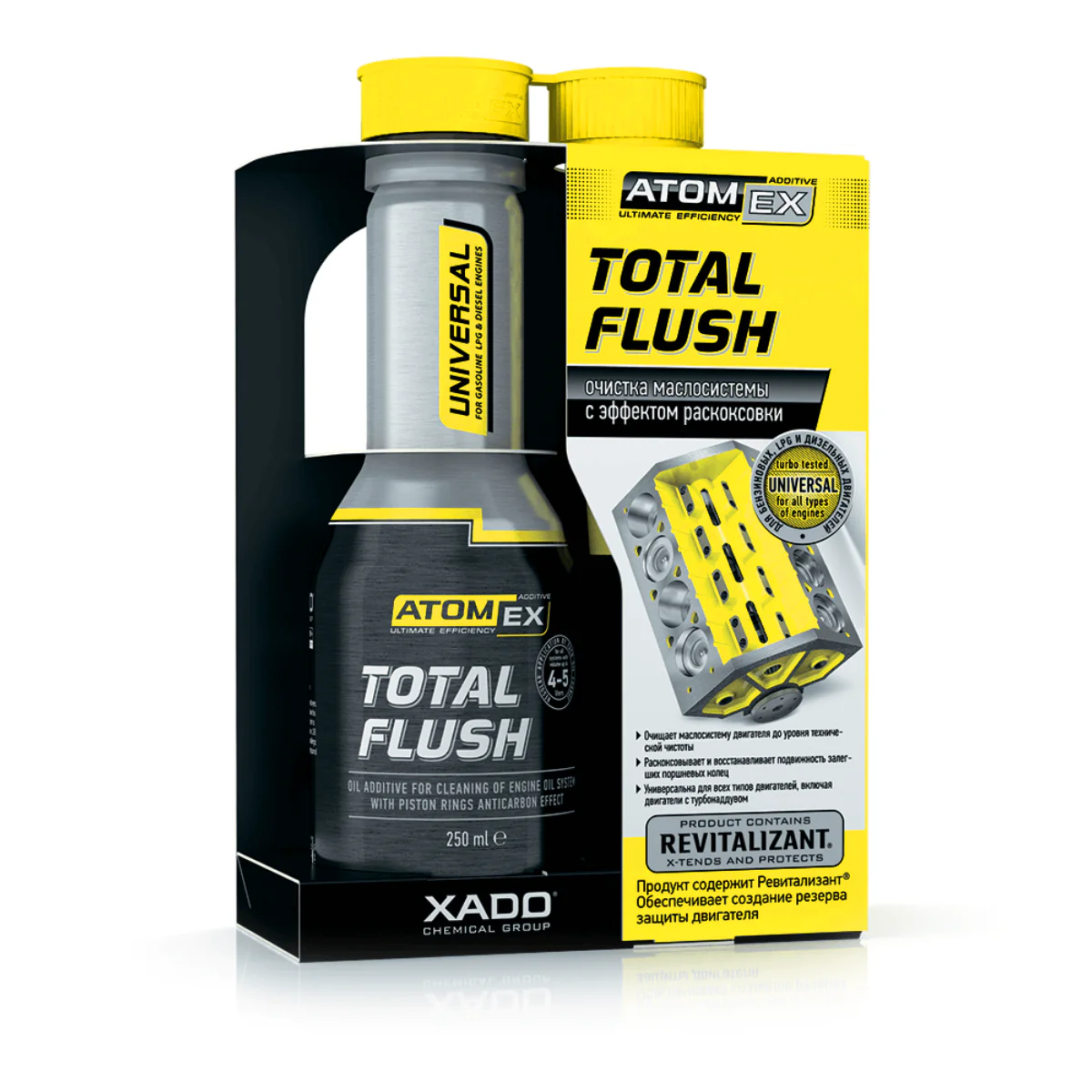
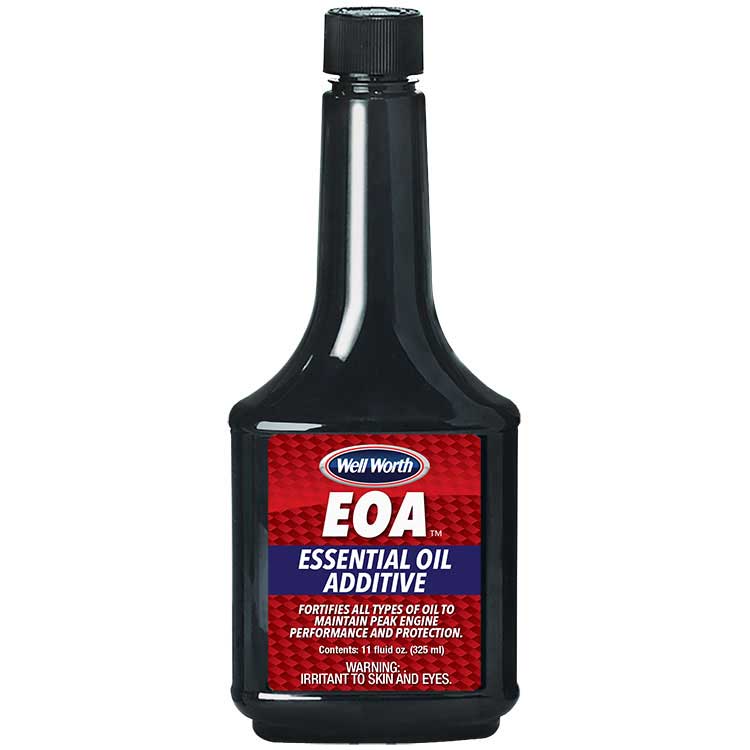



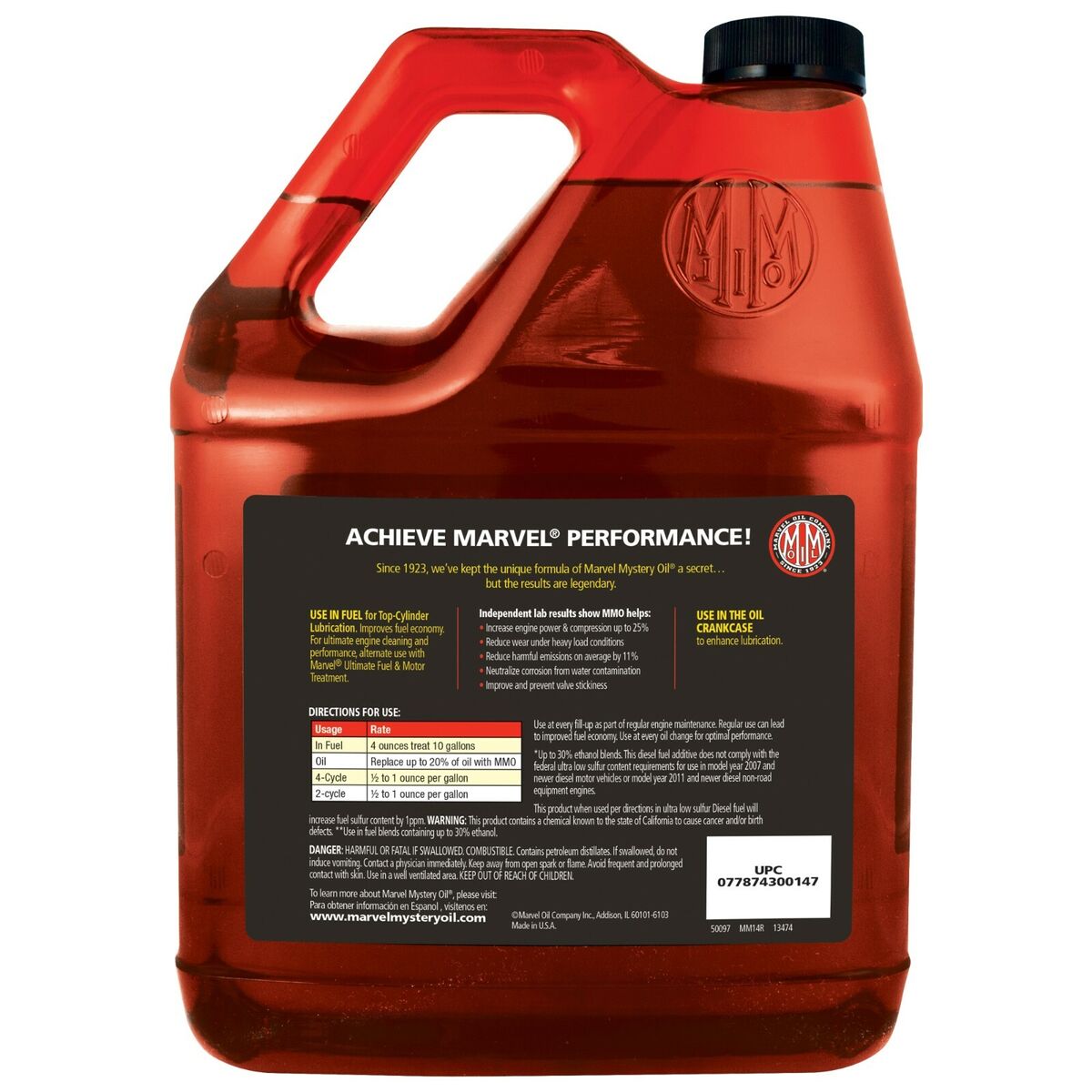
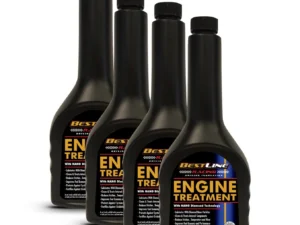
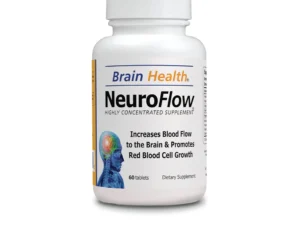


Reviews
There are no reviews yet.